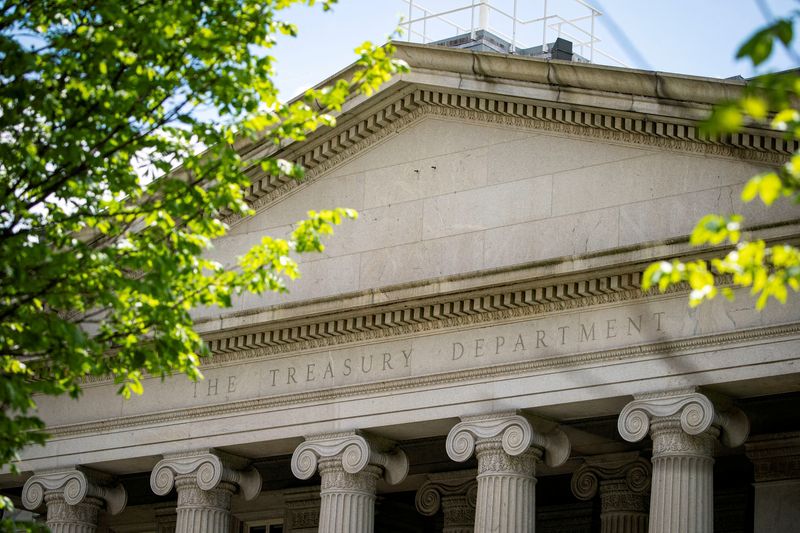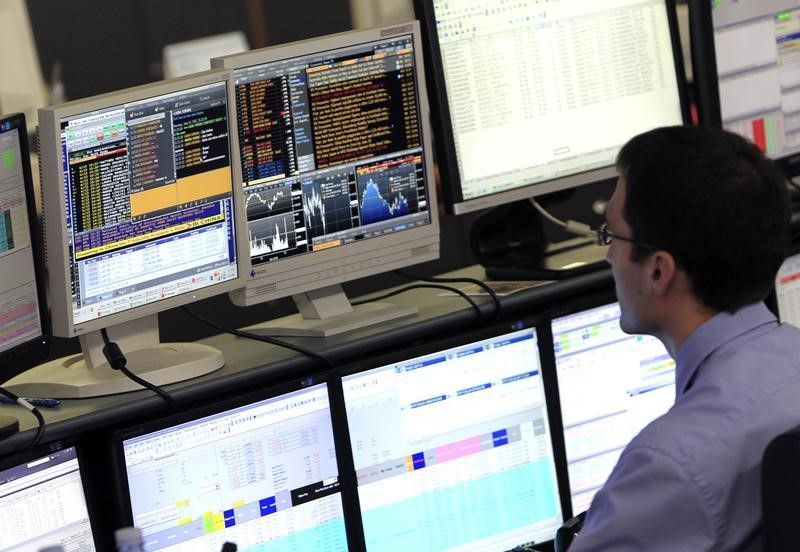By David Lawder
WASHINGTON (Reuters) – The U.S. Treasury Department on Wednesday announced new sanctions on more than 300 entities and individuals aimed at cutting off Russia’s access to products and services needed to maintain military production for the war in Ukraine, including dozens of Chinese parts suppliers.
The announcement, along with new Commerce Department export restrictions on semiconductors and other technology goods, was made on the eve of a G7 leaders summit in Italy, where efforts to curb Russia’s growing war economy will be a key topic of discussion.
U.S. officials have expressed growing concern about Russia’s ability to purchase advanced semiconductors, optical equipment, software and other products needed to manufacture advanced weapons systems despite previous sanctions.
The sanctions target outside companies and entities, including dozens of electronics suppliers in China, as well as in the Middle East, Africa, Europe and the Caribbean. The move stops short of imposing secondary sanctions on banks in China and other countries where the Treasury Department has warned that dealings with Russian entities could deprive institutions of access to the dollar.
But the Treasury Department said it was amending sanctions on previously targeted Russian banks, including VTB and Sberbank, to include branches and subsidiaries in China, India, Hong Kong, Kyrgyzstan and other locations.
“We increase the risk to financial institutions engaged in Russia’s war economy and eliminate opportunities for evasion, and reduce Russia’s ability to profit from access to foreign technology, equipment software and IT services,” the US Treasury Secretary said Janet Yellen in a statement.
Another senior U.S. Treasury official told reporters that many major banks have withdrawn from Russian operations since the new secondary banking sanctions authority took effect late last year, but Moscow is turning to smaller institutions with weaker compliance departments.

The official said the Treasury Department was working to identify these smaller banks that still help process transactions that benefit military production, and that he was enlisting the help of major Western financial institutions to support that effort.
The new Treasury Department sanctions also open a new front to try to limit Russia’s energy revenues by targeting entities involved in three major liquefied projects that Russia is trying to bring online: the Obsky LNG, Arctic LNG 1 and Arctic LNG 3 projects. These include Gazprom (MCX:) Invest and other construction companies involved in the projects, equipment suppliers and shipbuilding companies and operators of seven Russian LNG ships under construction.


